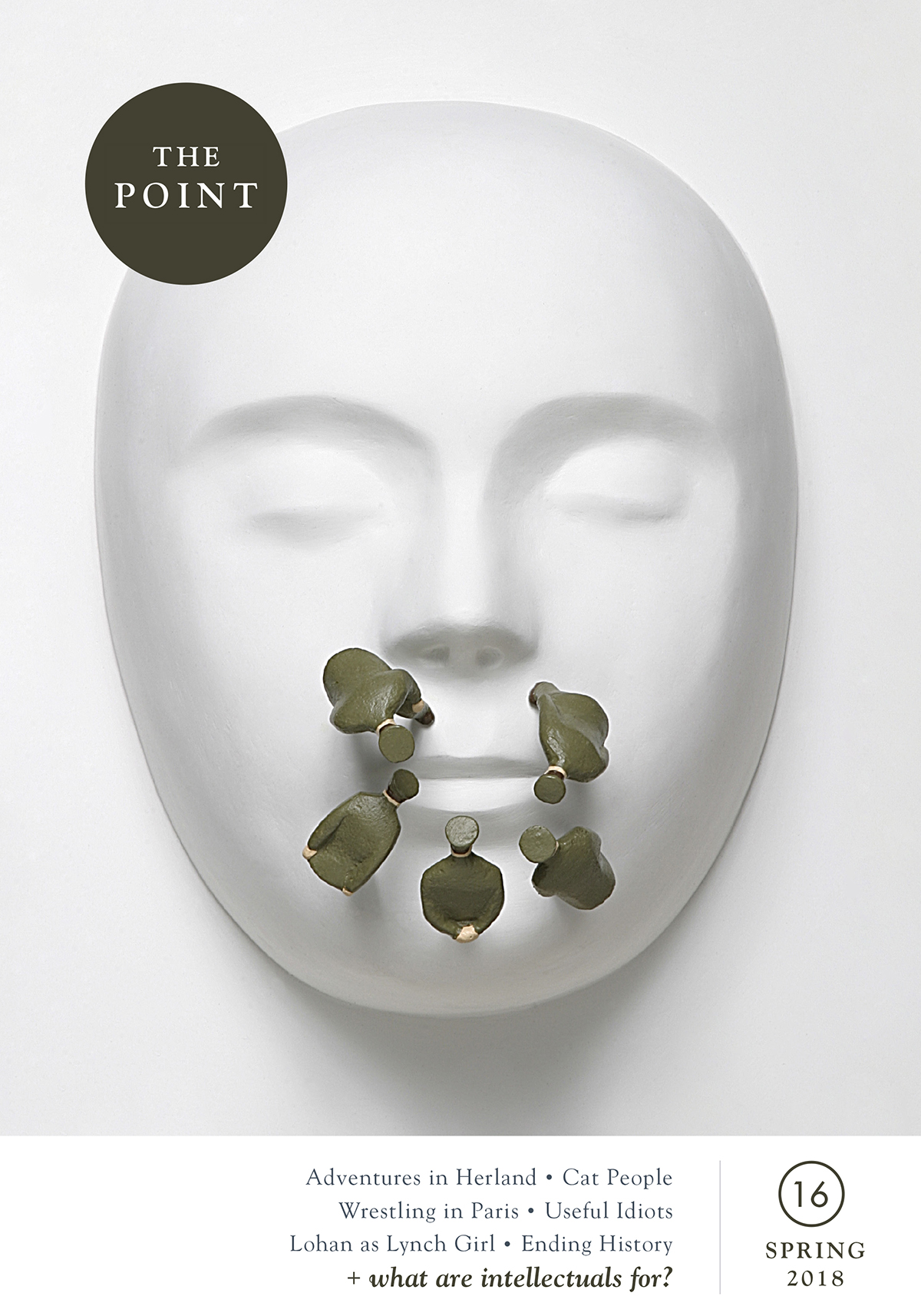I have an essay in The Point magazine -- a Chicago-based magazine on culture and politics -- that I spent many months working on. It is about Americans abroad, the damage we do, the innocence we claim, the stories we tell -- and also, perhaps, the responsibility and solidarity we could take on. It's about Suzy Hansen's journalist memoir "Notes on a Foreign Country," -- and about Henry James, James Baldwin, and Omar El Akkad among others. And it has more auto-biography than I usually include in any of my writing.
I generally agreed with Hansen's critique of American imperialism, and I found the book thought-provoking. But I also found her framing and her tone off-putting, because of how self-centered it is and above all of how utterly humorless. Here is an excerpt:
Hansen argues that her lack of awareness about America’s role in the world was structural, intentional—an ignorance that many Americans, particularly white Americans, wear like mental armor, allowing them to believe, against all evidence, that our political and military interventions abroad are always necessary, successful and well-intentioned. “I would never have admitted it, or thought to say it,” Hansen explains, “but looking back, I know that deep in my consciousness I thought that America was at the end of some evolutionary spectrum of civilization, and everyone else was trying to catch up.” Hence, she assumed that in Istanbul, she would assess how well Turkey was meeting certain U.S. standards (“democratization,” “modernization”); she would also think about “solutions” to Islam, because “that’s what Americans always do.”
Hansen occasionally mentions The Fire Next Time (1963), in which Baldwin describes the willful, violent blindness of white Americans, and their determination not to face “reality—the fact that life is tragic.” Baldwin himself left America for France and Turkey because he found life there false and unbearable, a physical and psychological assault. At least African Americans, he wrote, possess “the great advantage of having never believed the collection of myths to which white Americans cling: that their ancestors were all freedom-loving heroes, that they were born in the greatest country the world has ever seen, or that Americans are invincible in battle and wise in peace.” Hansen read this passage long before moving to Turkey, but one of her points is how often we can know something but not really accept it. She writes: “Even when I disagreed with America’s policies, I always believed in our inherent goodness, in my own.”
From Istanbul, Hansen traveled to report from Greece, Egypt and Afghanistan, only to discover from wry, patient locals that the crisis each country is currently undergoing can be explained by a history in which U.S. intervention figures prominently. In Afghanistan, she attends a Fourth of July party at the American embassy. There is a billboard outside the embassy that reads: “the u.s. embassy would be grateful if any of our friends who have information on terrorist activity or threats to please come to this gate.” There is a five-by-seven-foot American flag made out of cupcakes. The red, white and blue balloons keep popping from the heat, setting the crowd of Afghans and Americans, fearful of snipers, on edge. General David Petraeus and the U.S. ambassador dodge difficult questions from Afghan guests and deliver platitudes.
This is all very well observed. A different sort of writer would have made something barbed and darkly funny of this scene. Hansen seems headed in that direction, but instead she stops, on cue, to wring her hands: “Those bland, company-man words. In Kabul these words sounded criminal. These were loveless, soulless words. How could we speak to Afghans like this? … No one believed in the words they were saying, and yet this language was about real things: flesh and death and war, people’s homelands, and their children.”
It strikes me as a luxury and nearly an affront to be as sentimental and naïve as this. It’s not that we shouldn’t sympathize with Afghans and others—it’s that such an expression of sympathy, in which one’s own guilt and shock takes center stage, isn’t worth much. Meanwhile, many of the people I’ve met out in the world who are really up against it—who by circumstance or choice live terribly exposed—wear the risks they run matter-of-factly, the bearers of what Baldwin calls an “ironic tenacity.” They are knowing, daring, uncomplaining. I guarantee you they waste no time being shocked by the platitudes of U.S. ambassadors.
Hansen notes that when Albert Camus visited New York in 1946, he wrote in his journal that America was a “country where everything is done to prove that life isn’t tragic.” Camus held that “one must reject the tragic after having looked at it, not before.” Hansen does the looking but not the rejecting. She remains transfixed by the tragic and her own response to it, casting pretty standard culture shock as emotional catastrophe. Her Turkish lessons are “soul-shattering.” In Cairo, she is “lonely and clumsy, wreaking havoc on things I knew nothing about.” In Afghanistan, “it was my mere existence, I felt, that did damage enough. I wanted nothing else but to withdraw myself.”
When I read this, a phrase of another writer immediately came to mind. “I hate tragedy,” wrote Waguih Ghali, a penniless alcoholic and suicidal Egyptian who, in self-imposed exile after Gamal Abdel Nasser came to power in 1956, wrote one of my favorite novels. Beer in the Snooker Club contains passages that still make me laugh out loud. Egypt, the Arab country I lived in for many years, has one of the best and darkest strains of humor I’ve ever encountered. It does not come natural to me but I have often witnessed its gift, the way it can lift the pall of fear and death. It’s the laughter of survivors, balanced right on the edge of hope and hopelessness.
And check out the rest of The Point, there are many great pieces of writing there.

